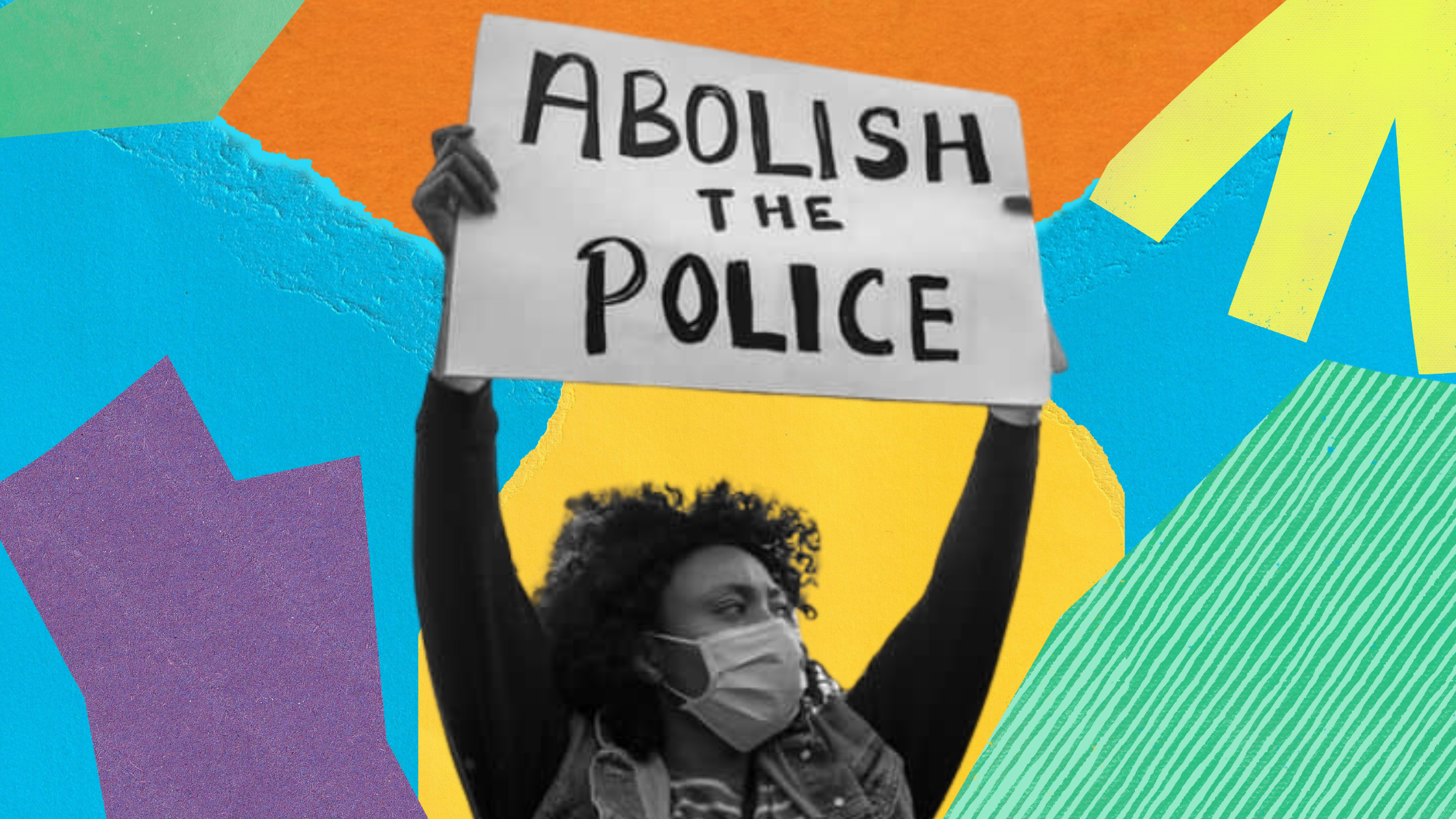5 Books for Imagining Radical Black Futures
It’s not easy to imagine a world without police, prisons, or capitalism. As scholar Ruha Benjamin notes, our collective imagination has been fragmented by racism and other systems of domination that produce misery for some and monopoly for others. Powerful, elite visions of the future often reinforce existing injustices rather than challenge them.
However, as Benjamin argues, we must take imagination seriously as a site of struggle and a vital resource for social change. What might a more just world look like? What futures would foster collective liberation and well-being? Asking these questions requires envisioning alternatives to the unjust institutions we know, and bringing new realities into being through creative practice.
The books below offer radical visions of black futures that can inform our social movements today. Written by black women scholars, activists, and artists, they imagine worlds without prisons, gentrification, or environmental destruction. By taking imagination seriously as a collective resource, these books help us challenge toxic visions of the future and construct more habitable realities. They remind us that, in scholar Robin D.G. Kelley’s words:
“ without new visions we don’t know what to build, only what to knock down.”
Abolition Geography
by Ruth Wilson Gilmore
In this pioneering work, scholar and organizer Ruth Wilson Gilmore presents a powerful geographical analysis of mass incarceration and state violence against communities of color. Synthesizing over three decades of her abolitionist theory and grassroots activism, Gilmore demonstrates how contemporary racial capitalism operates through an insidious “anti-state state” that answers economic, social and political crises with the calculated abandonment and disposal of populations declared expendable..
As an alternative to reformist policy prescriptions, she points toward radical grassroots movements organizing against systems of incarceration, dispossession and environmental damage. Gilmore outlines a holistic abolitionist vision focused on democratized access to healthcare, housing, food and environmental sustainability by investing in communities rather than caging them.
Imagination: A Manifesto
by Ruha Benjamin
Princeton professor Ruha Benjamin unpacks the power of visionary and speculative thinking to challenge injustice and radically reimagine society. She traces how oppressive systems like mass incarceration, digital surveillance and biological racism emerge from narrow social imaginaries that assume domination and disposability as inevitable
However, Benjamin shows how contemporary artists, technologists, educators and activists are tackling these issues by boldly experimenting with new integrative paradigms and concepts of knowledge, identity, temporality and reality itself. The book surveys a range of creative radical practices, from Afrofuturism to activist science fiction, showing how they rupture limiting worldviews and open up full spectrums of human potential. Ultimately, Benjamin issues an empowering call for social movements to leverage imagination as a vital collective resource to dismantle toxic institutions and construct more equitable, ecological and liberatory modes of existence.
Black Futures
Edited by Kimberly Drew and Jenna Wortham
Black Futures presents a visually stunning kaleidoscopic collection of over 100 contributions that answer the vital question “What does it mean to be Black, creative and alive today?” This mosaic includes photo essays, memes, dialogues, recipes, tweets, poetry and more by an intergenerational array of Black artists, technologists, writers and everyday social media creators.
Ranging from joyous and comedic to politically incisive, the pieces generate a diverse rhythm and flow for readers as they navigate between intimate conversations with activists to brilliant paintings and insightful data visualizations. By capturing the creativity, complexity and resilience of contemporary Black life, this prismatic work opens up new vistas of possibility and liberatory horizons.
The Art of Ruth E. Carter: Costuming Black History and the Afrofuture, from Do the Right Thing to Black Panther
by Ruth E. Carter
In this magnificent retrospective, legendary costume designer Ruth E. Carter traces over three decades of her pioneering work bringing Black history and identity to visual life on the screen. From shaping the streetwise aesthetic of 80s Spike Lee joints to crafting the dazzling Afrofuturist regality of Black Panther's Wakanda, Carter has defined the look of Black film. She recounts her artistic journey through candid backstories and anecdotes working with greats like Denzel Washington, Halle Berry and Will Smith.
Carter's brilliance at mixing period research, contemporary fashion and pan-African aesthetic futurism demonstrates the power of clothing as a storytelling artform to represent diverse Black experiences - from the 15th century to an imagined 23rd. Paired with a trove of glossy sketches and mood boards, this visually splendid volume is both a definitive record of Ruth E. Carter's legacy and a touching love letter to Black traditions and futures.
Miss Major Speaks: Conversations with a Black Trans Revolutionary
by Toshio Meronek, Miss Major Griffin-Gracy
In this intimate memoir, legendary activist Miss Major Griffin-Gracy relates her extraordinary journey surviving and fighting back against America’s systems of incarceration as a Black transgender elder. From revolutionary involvement in the Stonewall Riots to combatting the AIDS crisis from her van, Miss Major speaks with rousing honesty about the violence and struggles endured by LGBTQ and marginalized communities.
Co-author Toshio Meronek artfully weaves Major’s first-hand story with incisive commentary on contemporary activist pitfalls like superficial wokeness and non-profit bureaucracy. While candid about the trauma of white supremacy, Miss Major ultimately offers a resounding vision of expansive, grassroots liberation - a light forward for all those facing down a hostile world today. Her testimony provides wisdom for activists and a touchstone for the validity of Black queer life against efforts to erase these defiant histories.







